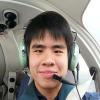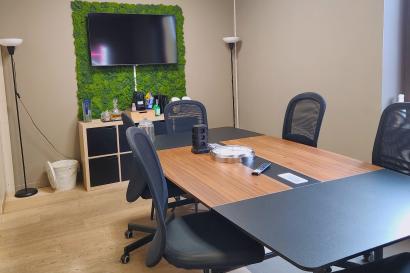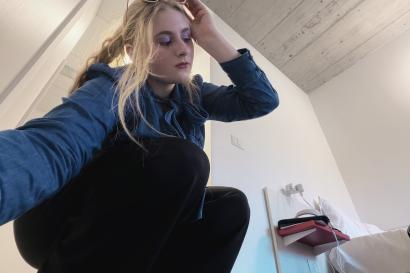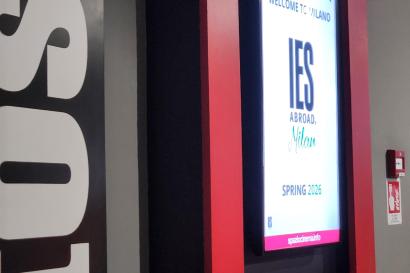Istanbul taught me many things. I arrived excited at the prospect of discovering how the East and the West converged, and left with the understanding that what has emerged in Istanbul has been unique to its own historical development. I've learned that categories like the "Middle East" are often heterogeneous rather than homogeneous, and this has encouraged me to broadly rethink how I perceive and engage with groups and theoretical concepts.
All around the world, our perspectives are shaped by a wide range of factors. From word-of-mouth, social media, traditional news outlets to scholarly work, how others' perceive and communicate about a particular issue or place highly influences how we come to see it. We might think that being well-read is sufficient in helping us gain a broad understanding of what happens around us and what happens in other places. Some of us might even be proud of our abilities to detect biases and correct for.
Yet ironically, it could be exposure to secondary information that misleads us into believing that we know more than we actually do.
How much do we actually know about something? Freddie Gray and the Baltimore Riots, the Greek debt crisis, the new US-Iran nuclear deal. What exactly does reading about these incidents contribute to our understanding of what happens in Baltimore, in Greece, and in the US and Iran? Frequently, we form a schema about these places based on the information we have access to: Baltimore is a city ravaged and split by racial tensions, Greece is literally bankrupt, Iran is becoming more peaceful. Yet all these generalizations give little-if any-insight into the day to day happenings in each place.
Days before I arrived in Istanbul, the PKK overcame their 10% electoral barrier, prompting questions about how the leading AKP would react to a group which they preferred not to acknowledge. Similarly, days before I departed from Istanbul, Turkey increased military forces near the Syrian border to combat ISIS and Kurdish insurgents and approved the use of a Southern air-base for US military strikes. Both of these represent key diplomatic, military, and security concerns. Yet amidst the turmoil, normal life continued for the typical Istanbulite.
Ultimately, this represents one of my greatest takeaways from spending Summer in Istanbul. Don't take things for granted, and think broadly about how categories and generalizations shape and influence how you see the world. It would be foolish and impossible to categorize Istanbul on an East-West spectrum. It would be likewise foolish to consider UN official recognition as the sole basis of a nation-state's legitimacy. Many elements converge to make a whole. Yet sometimes we need to rethink if the concept of a whole is-in itself-wholesome.
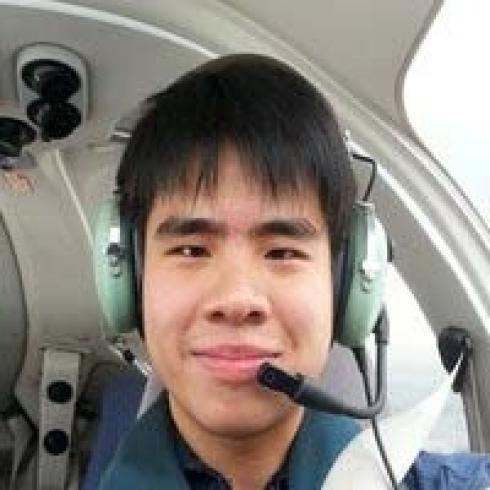
Kit Shaun Tommy Koh
A Blue Jay at Hopkins, a citizen of Singapore, a resident of the world: Titles and categories often complicate how we see our place in this world. Above everything else, I see myself as a pilot. Being up in the sky grants freedom, space, possibilities- a reminder that everything can be seen from a different perspective. Be it in education, while travelling or just being with friends- I constantly seek new dimensions, new ways of perceiving, a new- greater- understanding.

